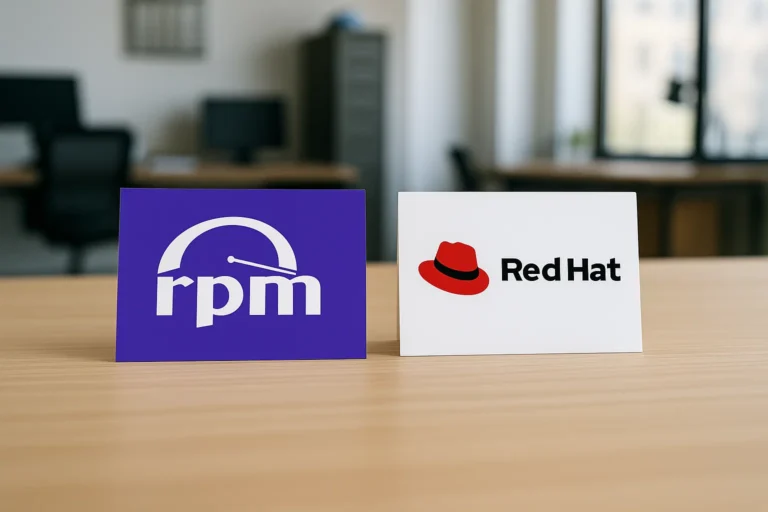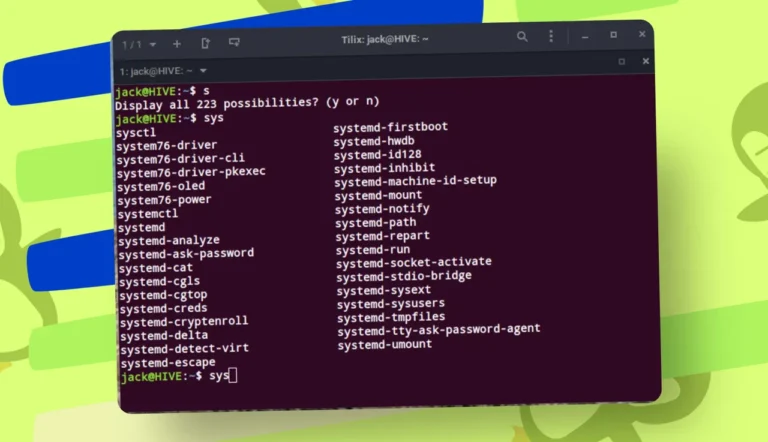
RPM 6.0 Is Here — What’s New and Why It Matters
If you work with Red Hat Enterprise Linux (RHEL) or Fedora, you know that RPM is the quiet powerhouse behind…

If you work with Red Hat Enterprise Linux (RHEL) or Fedora, you know that RPM is the quiet powerhouse behind…

Ever feel like your hard drive is constantly full, but you can’t pinpoint the culprits? It’s a common struggle, especially…

This week brought an exciting proposal to the Linux world: multi-kernel architecture. Yes, you read that right — multiple independent…

Hey there! Git, the version control system that most of us can’t imagine working without, might be making a monumental…

Ever wished you could just tell your photos what to do? “Make the background an office.” “Fix that weird blue…

Ever feel like Claude code is brilliant but stuck in a box? It can write amazing code, but it can’t…

NetworkManager, the powerful tool that manages your internet connection on most Linux systems, has just rolled out its latest update,…

So, you’ve decided to dive into the world of AI-assisted coding with Claude Code. Welcome! You’re about to experience a…

I’m sure you’ve seen Anthropic’s official guide to Claude Code. It’s packed with solid advice, showing how this agentic coding…

For nearly two decades, initramfs-tools has been quietly doing its job every time you power on Ubuntu. It loads the…